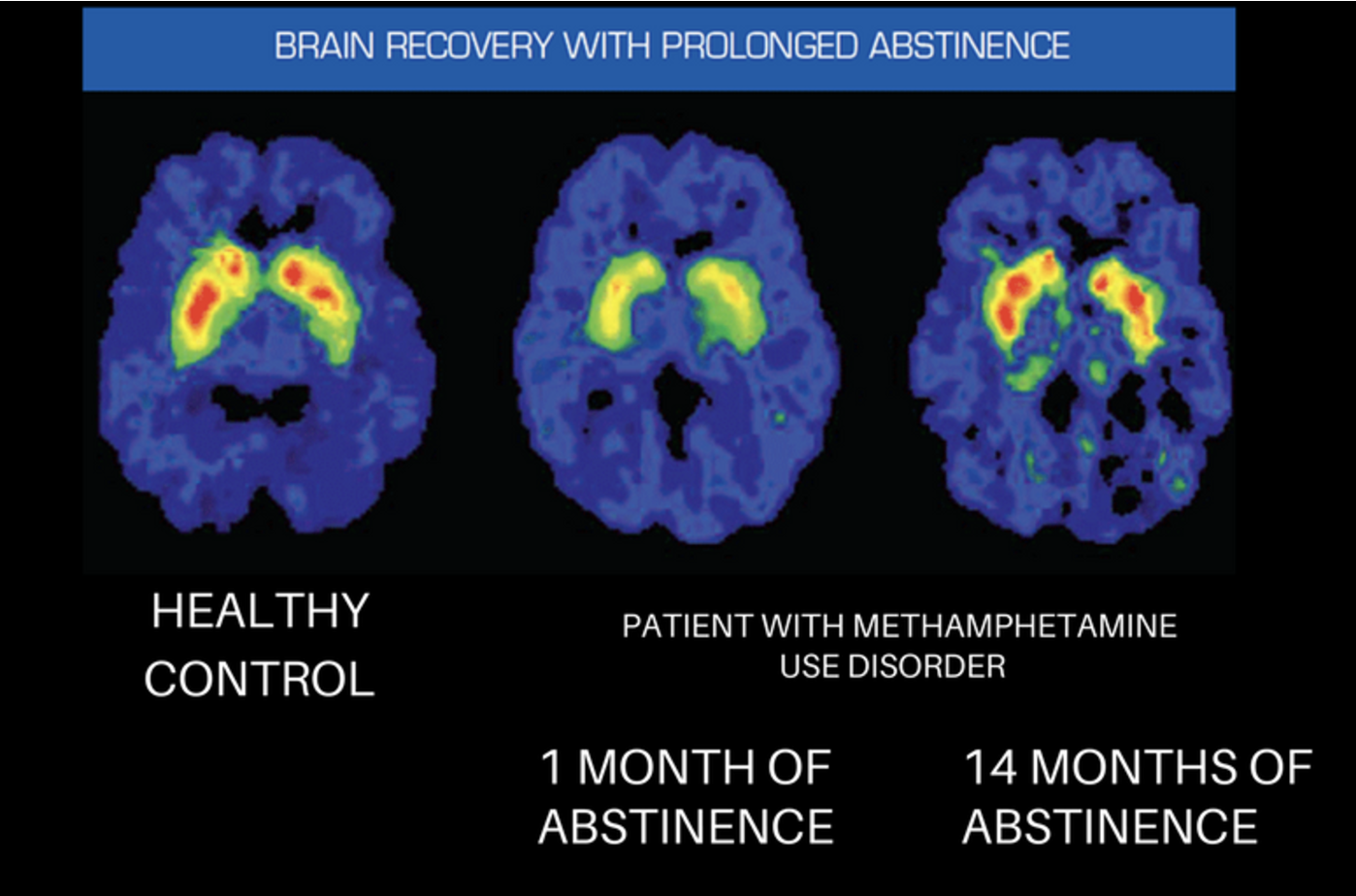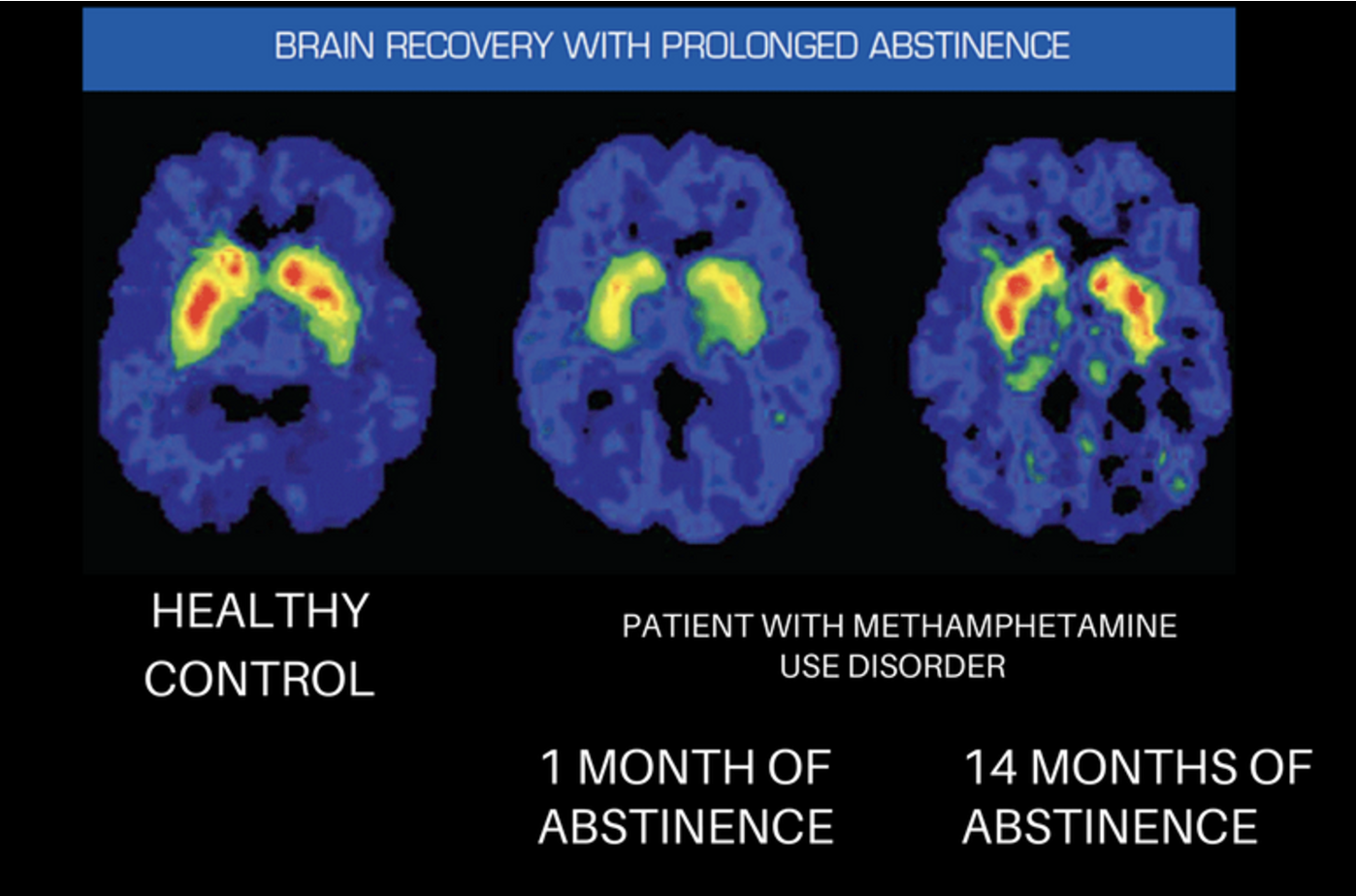Should I Give Myself an Addiction?
Will it make me Mentally Stronger?


Is a question someone asked on Quora.
It’s an interesting thought process.
There are a lot of definitions of strength, both mental and physical. In this case, I think the question is really asking about Mental Toughness which can be loosely defined as the ability to regulate yourself.
A person who is mentally tough is able to control their emotions and actions better than someone who is mentally weak.
For example: a mentally tough person sticks to a diet, a mentally weak person quits after the first craving.
That’s our working definition of Mental Toughness for right now.
So this question is really 2 parts:
And then I guess the answer to the question ends up being a math problem:
(Mental Toughness of Getting Addicted)
+
(Mental Toughness of Beating Addiction)
=
Net Gained Mental Toughness
We’re going to make 2 assumptions:
First- We’re going to assume the original question is in reference to drugs. You could argue that one could get addicted to running, but that’s not how anyone would realistically interpret this question.
Second- We’re going to assume that drugs are bad.
When developing an addiction, your brain actually changes. Certain areas of your brain begin to activate more and others activate less, becoming blunted.
We don’t know everything about addiction, but we have studied the brains and behaviors of addicted animals and people, and one thing stands out to me the most:
Over exposure to drugs can overstimulate your Basil Ganglia and other parts of your brain’s reward circuits, which make them less sensitive.
After that, it becomes hard to feel pleasure from anything other than your drug of choice.
Drug addiction also messes with various parts of your Prefrontal Cortex- activating drug related activity like emotional responses, automatic behaviors, and other executive functions relating to drug use.
At the same time, drug use decreases activation of processes unrelated to drug use, especially during craving or bingeing.
In a typical day, you might want a million things. You might want your favorite food, to watch your favorite movie, to play basketball with your buddy.
Drug use takes the decreases the pleasure from all of those activity, while increasing the pleasure you get while using.
Suddenly, all those wants go away. An addict has 1 want. The Drug.
So what affect does an addiction have on mental toughness? Considering we define mental toughness as self-control, and the ability to make the healthy choice even if it’s difficult…
It seems pretty obvious that addiction hurts mental toughness.
BUT, if beating the addiction improves mental toughness a ton, maybe it’ll be a net gain and be worth it overall.
How does beating an addiction impact mental toughness?
Some research does show that your brain can biologically recover from an addiction.

You can see here that after 14 months of abstinence, the brain is beginning to start looking like the healthy control again.
That said, there are some areas that will probably never heal, depending on the duration and severity of a person’s addiction.
I couldn’t find anything about how beating an addiction impacts mental toughness, but I think we can still answer the question.
(Mental Toughness of Getting Addicted)
+
(Mental Toughness of Beating Addiction)
=
Net Gained Mental Toughness
Mental Toughness of Getting Addicted- Decreased
Mental Toughness of Beating Addiction- MAYBE Increased.
After months of abstinence, the brain isn’t fixed by any means. It’s better, but it’s still very different from a healthy control.
Long term drug use can impair brain function.
Addicts are also at a high risk of relapsing because of their past drug use.
If you wanted to get physically tougher, would you break your own legs? Physical therapy increases physical toughness, so why not?
Because instead of breaking your legs, you could just start working out.
Addiction is a disease. It’s a very real psychological disorder. Beating an addiction requires incredible mental toughness, but you’re climbing out of a hole. You’re trying to get back to baseline.
And that’s only IF you manage to beat it.
Make better routines, surround yourself with a great support system, exercise regularly. Build your mental toughness from where you are.
Don’t break your legs to make them stronger.
-Carl
Source:
https://www.recoveryanswers.org/recovery-101/brain-in-recovery/